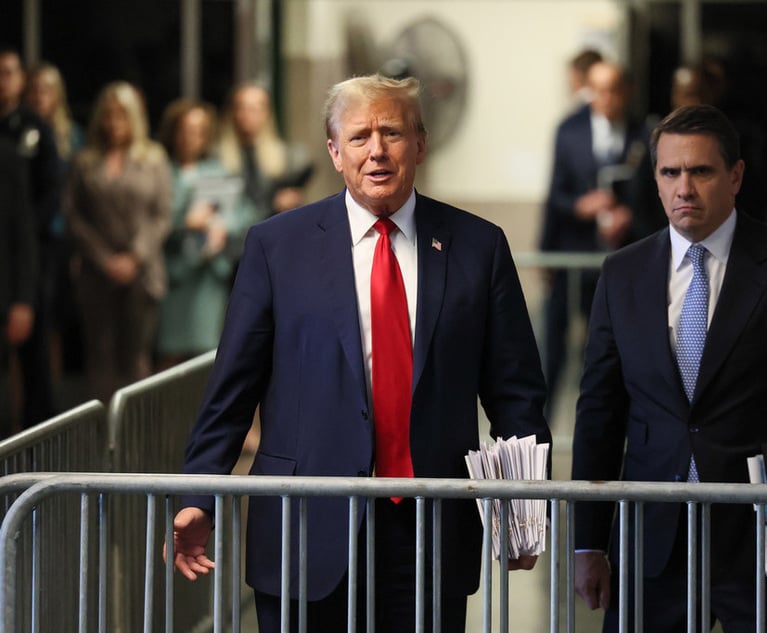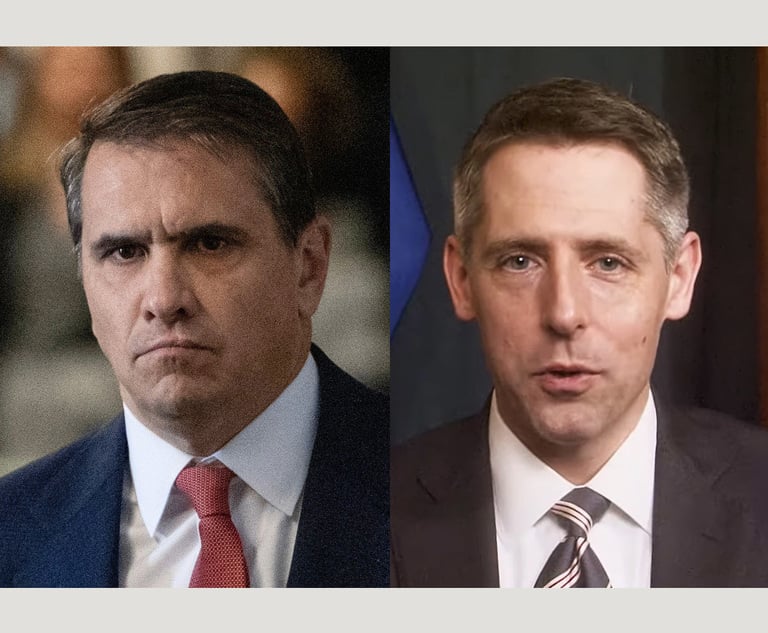State prosecutors have been handing off their corruption investigations to the feds for decades—willingly and unwillingly. The U.S. Department of Justice (DOJ), with its broad subpoena power, can take fully-developed investigations away from local prosecutors, often with the blessing of federal judges. The rationale for having the DOJ—rather than local district attorneys and attorneys general—prosecute local corruption has been, in a nutshell, that elected state prosecutors are less likely to vigorously prosecute corrupt cronies who may have helped them get elected, and that, for the same reason, elected state judges are less likely to conduct fair proceedings. Regional U.S. attorney’s offices, the thinking has gone, are more independent and better resourced.
Events of the past decade, however, have begun to dismantle this assumption. According to one scholarly corruption law blog, this is due to three factors: (1) the depletion of DOJ resources and consequent federal inattention to “too small” local corruption cases; (2) the U.S. Supreme Court’s increasingly narrow interpretation of key federal corruption statutes; and (3) the injection of political considerations into the DOJ’s anti-corruption work—the very concern the DOJ has historically used to justify appropriating cases from local prosecutors. See Jason Kohn, The Case for State-Level Anticorruption Prosecutions in the U.S., The Global Anti-Corruption Blog, Jan. 14, 2019.


 Photo: TheaDesign/Shutterstock.com
Photo: TheaDesign/Shutterstock.com




